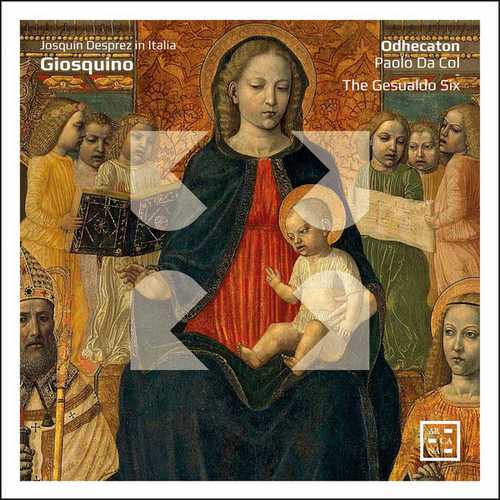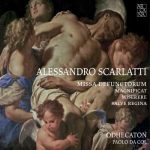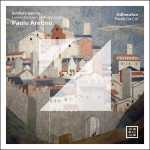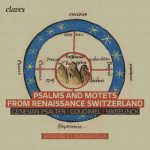

Composer: Josquin Despres
Performer: Odhecaton, Gesualdo Six, La Pifarescha
Conductor: Paolo Da Col
Format: FLAC (tracks)
Label: Arcana
Catalogue: A489
Release: 2021
Size: 1.28 GB
Recovery: +3%
Scan: yes
Praeter rerum seriem
01. I. Prima pars
02. II. Secunda pars
03. Missa Hercules dux Ferrariae: I. Kyrie
04. Missa Hercules dux Ferrariae: II. Gloria
05. Missa Hercules dux Ferrariae: III. Credo
Tu solus qui facis mirabilia
06. I. Prima pars
07. II. Secunda pars
08. Missa Hercules dux Ferrariae: IV. Sanctus
09. Missa Hercules dux Ferrariae: V. Agnus Dei
10. Fortuna d’un gran tempo
Virgo prudentissima
11. I. Prima pars
12. II. Secunda pars
13. Inviolata, integra et casta
14. La Bernardina
15. Salve Regina
Huc Me Sydereo
16. I. Prima pars
17. II. Secunda pars
18. Inviolata, integra et casta
During the sixteenth century in Italy, the motto “i galli cantano” (the Gauls are singing) circulated, acknowledging the supremacy of the Franco-Flemish “transalpine” musicians who were summoned to the peninsula to serve princes and prelates in the techniques of composing and performing vocal polyphony. Josquin Desprez, “Giosquino” to the Italians, was the emblematic figure: in addition to France, he was in the service of Cardinal Ascanio Sforza in both Milan and Rome (1484, 1498) and of the papal (1489-95) and Este chapels (1503-4).
On the fifth centenary of the composer’s death (1521), the Odhecaton ensemble proposes to retrace Josquin’s Italian itinerary with the Missa Hercules dux Ferrariæ, composed for the Duke of Ferrara Ercole I d’Este, and a selection of motets commissioned by Italian patrons. The contribution of The Gesualdo Six in the more solemn pieces brings the vocal ensemble to twentytwo singers, a number that is close to the forces of the Rome and Ferrara chapels and yields new sonic results in our quest to recreate how polyphony sounded in the fifteenth and early sixteenth centuries.



